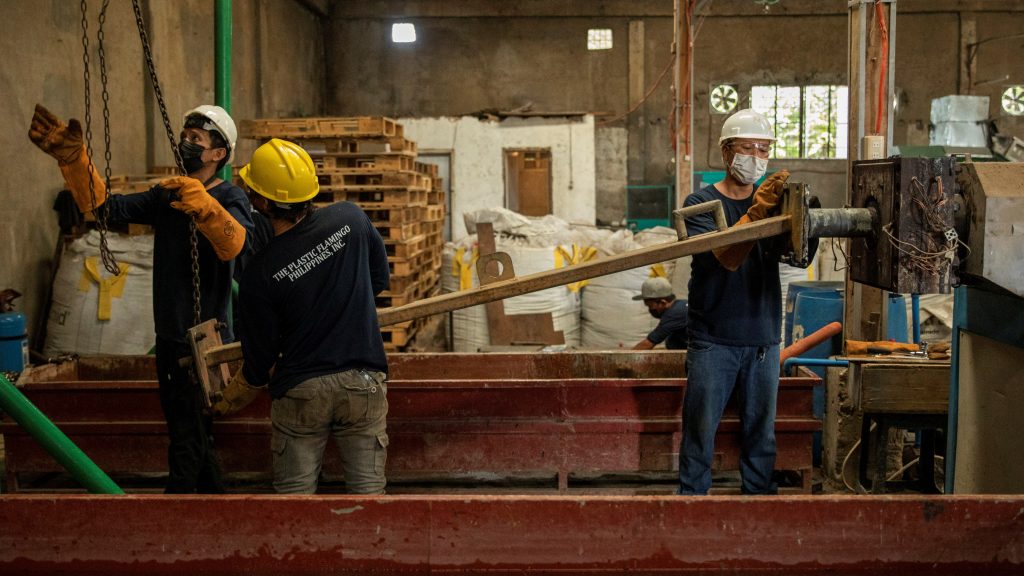How To Maintain Machines And Equipment

Regardless of what kind of equipment you use in your business, any industrial machinery or equipment needs to be properly cared for and maintained. To get the best results, you need your machinery and equipment to operate at peak efficiency. Even minor repair issues can turn into hours of lost productivity, and a drop in profitability for your business.
Due to this, there aren’t many things that are more important than maintaining your machines and equipment. By taking proper care of your equipment, you can avoid a lot of performance issues that come with unplanned repairs. This will also save you money on the costs of repairs and replacements, and maintain a safe working environment.
The following tips can make all the difference to your equipment and machinery, whether it’s Air Compressors or factory equipment.
Schedule Maintenance
Every good project manager knows that they should visually inspect equipment and run machinery tests on a regular basis. However, do you remember when you last made an inspection like this? If you can’t remember, then your machinery could be headed for a breakdown. Keep detailed records of all maintenance that is carried out on your machines, whether visual or automated.
Follow the guidelines in the operator manual for your equipment and make sure that all observations and repairs are properly recorded after every inspection. Take extra care to check for issues like loose bolts, warped belts, and signs of wear and tear – areas where investing in custom urethane parts could improve the seamless movement of components and materials – that often get overlooked in less-than-thorough inspections.
If you can avoid falling behind on machine maintenance needs or keeping accurate records, you can handle any repairs before they become bigger problems, increasing the lifespan of your equipment, and reducing downtime.
Train Your Operators
Operator training might not seem like a task related to maintenance, but it can have a big impact on how well your machines and equipment are cared for. Every piece of equipment has specific instructions on how it should be best used. Over time, manufacturers can update the recommendations, or changes to the work environment could mean you alter the way that machines are used.
The big question is whether or not your employees know and follow these best practices. Ensuring that each staff member who will use a particular piece of equipment is fully trained on how it should be used correctly can prevent damage that can happen when equipment is used in the wrong way or pushed too far.
Keep It Clean
If you allow dirt and other contaminants to accumulate on a machine, this can drastically reduce its performance capabilities. When combined with exposure to humidity and other hazards from the environment, this can contribute to corrosion, rust, and other major repair issues.
Industrial machinery should be kept in a sheltered environment, but you should also make sure that the surrounding area is clear of anything that could impact a machine’s performance. Make cleaning a part of your maintenance inspections as well. This small change to your maintenance routine can improve how well your machine works and prevent contamination of essential components.




